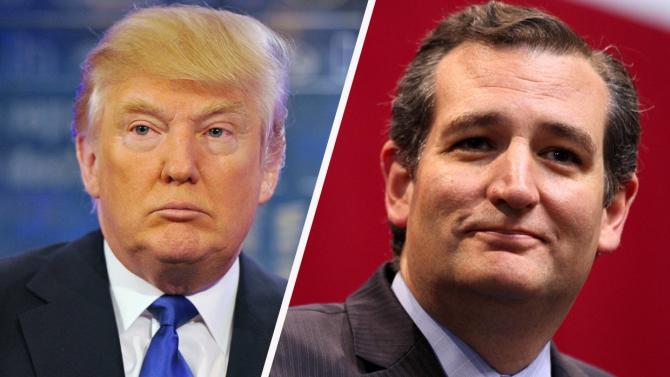Changes in the US Elections and Changes in Asia
The U.S. presidential election this year is different from those in the past. From the radical and unpredictable Republican candidate Donald Trump to the Democratic candidate Bernie Sanders, a solitary bird in Congress who embraces socialism, both deviate from their parties’ characteristic mainstream positions in domestic affairs, the economy and foreign policy. Since the national debates and the start of the party primaries a month ago, they have had an unexpected amount of support. This U.S. presidential election is certainly atypical.
Rebels emerged simultaneously within both political parties, with Trump leading his split from the Republicans and Sanders forcing the Democrats to amend their paths. This has had a tremendous blow on traditional American political ideologies, the mode of operation for the elections, the establishment of Washington’s interests, and the operation of the political elite within the party. This also reflects the anxiety of American voters toward the declining global impact of the U.S., the weak domestic economic climate, vicious political battles, and the exacerbation of racial conflicts, even resulting in the bipolar behavior of voters.
For foreigners, seeing the American primaries is like watching a reality show [version] of the TV series "House of Cards" for its excitement. For American government and politics teachers, the collapse of the inherent model is a teaching challenge. In terms of its impact on Asia, the 2016 U.S. presidential election will bring unpredictable risks.
Competition within the parties during the primaries has been fierce. Whether the presidential candidates can soon be identified or the battlefront needs to be extended to the National Convention in July before the decision can be made, there is still a high degree of uncertainty. It is still unclear when the two parties’ Overseas and National Security Advisory Councils will be formed to provide the political platform for foreign policy. The exact focus of topics for the upcoming national election and the many debates is still too early to determine. The variability during the next eight months leading up to the U.S. presidential election creates a stark contrast against the backdrop of the various leaders in Asia comparing and determining their policies.
Whether the next U.S. president would continue the Obama administration’s “pivot to Asia” will affect U.S. economic and security strategy in the Asia-Pacific. It will influence U.S. relations with its allies such as Japan, South Korea and Australia, and regional partners like the Association of Southeast Asian Nations. It will also have a direct impact on the connotation of Xi Jinping’s “New Type of Great Power Relations.” In addition, North Korea’s nuclear and missile development and disputes over sovereignty of the South China Sea islands are two potential points of conflict in East Asia, and the White House changing hands could generate movements in these issues.
In a speech given in Washington last month, Chinese Foreign Minister Wang Yi explained that safeguarding international order after World War II is one of the top five missions in Chinese foreign affairs. The international order in the Asia-Pacific region had been dominated by the U.S. for 70 years, but in the last 10 years, that domination has been threatened by the rise of China. Although the Pacific is sufficiently large to accommodate the two superpowers, China and the U.S., with the weakening of the U.S. and the rise of China, countries in Asia should not ignore the tilting of the lever!
Taiwan, like other Asian countries, has long been in the middle of the power competition between China and the U.S. For U.S. allies in Asia, they will look to China for money and the U.S. for security. No countries are willing to choose sides; offending either party will be detrimental to their interests.
Taiwan, unlike other Asian countries, not only has limited power, which makes maneuvering the lever difficult, but also is entangled in the unique cross-strait relations with China. The U.S. presidential election will have even more of an impact on the uncertainty of Taiwan’s survival and development!

